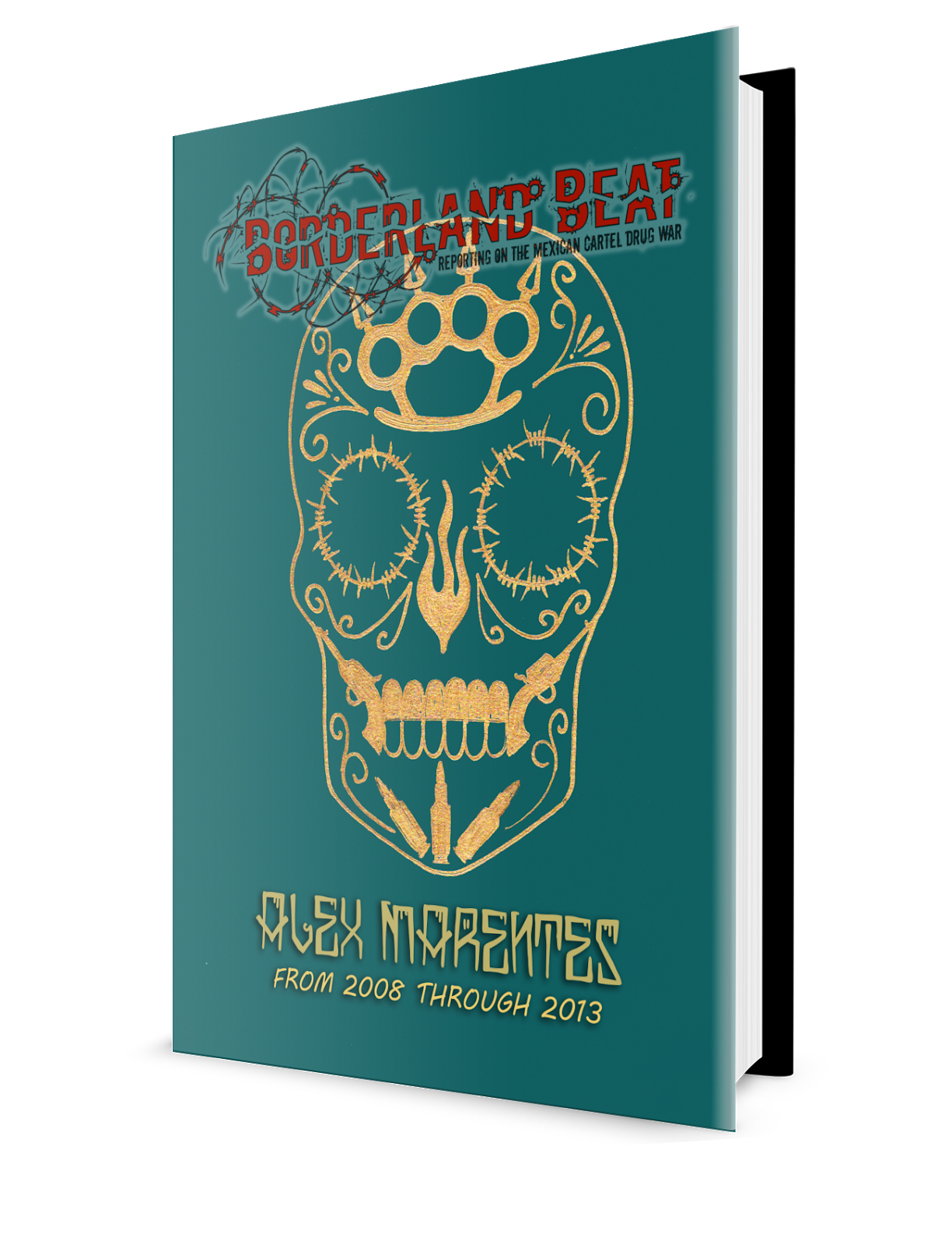Mexico City – A late Mexican general opposed using army soldiers to battle drug cartels for fear their deployment would lead to rights abuses reminiscent of Mexico’s 1968-1980 “dirty war” against leftists, a newly published book reveals.
In an interview with Efe, the author of “El general sin memoria” (A Forgotten General), Juan Velediaz, said Gen. Salvador Rangel Medina rejected the doctrine of the U.S. Army’s School of the Americas.
Now officially known as the Western Hemisphere Institute for Security Cooperation, the school promoted a strategy known as “low-intensity conflict” in Latin America – in which military force was applied selectively, for example in counterinsurgency missions – and also trained some of the officers who went on to lead coups and military juntas in the region.
In his profile of Rangel, who retired from the army in 1979 and died in 2005, Velediaz describes him as “an atypical general” who was more loyal to the army and its principles than to the Institutional Revolutionary Party, or PRI, which governed Mexico without interruption from 1929-2000.
The author recounts in the book, published by Debate, that the general maintained that the state “loses legitimacy when it loots and robs and its security forces pile up accusations of abuse and serious human rights violations.”
He said that using the military to battle drug trafficking could lead to the “same errors that were made in the (19)70s in (the southern state of) Guerrero,” where army soldiers “disappeared” hundreds of people.
The book is being published more three years after newly inaugurated President Felipe Calderon decided in December 2006 to militarize the struggle against the country’s ruthless drug cartels, deploying 50,000 soldiers and 20,000 federal police nationwide.
Despite the heavier security presence, nearly 19,000 people have been killed in turf war battles, settlings of scores and other drug-related violence since Calderon took office.
The use of the army to battle the drug mobs has been criticized by local and international human rights watchdogs, which say the troops have been guilty of rights violations and that authorities are failing to hold soldiers who commit abuses accountable.
The release of the book also coincides with congressional debate of a bill that would enable the army to continue performing law-enforcement duties.
The journalist said Gen. Rangel, who led counterinsurgency operations in the states of Guerrero and Michoacan, was among the first to criticize the use of the army for such duties but not the only one.
“He could be considered as someone who made very clear and concise remarks about the risks of the use and abuse of the army by the political class,” the journalist said.
The ideas espoused by Rangel, who maintained that the army owed its allegiance first and foremost to the people, held back what could have been an even more brilliant career, Velediaz said.
The general opposed the use of soldiers to fight drug trafficking for many years but his views received greater attention between 2002-2003 under then-President Vicente Fox, “when that lack of institutional control over broad regions of the country was beginning to surface and the army had to go in and take over police duties,” he added.
Velediaz, winner of Mexico’s 2002 National Journalism Prize, shares Rangel’s belief that militarizing the struggle against organized crime and putting police forces under the command of former military men is the wrong approach.














0 Borderland Beat Comments:
Post a Comment
Comments are moderated, refer to policy for more information.
Envía fotos, vídeos, notas, enlaces o información
Todo 100% Anónimo;
borderlandbeat@gmail.com